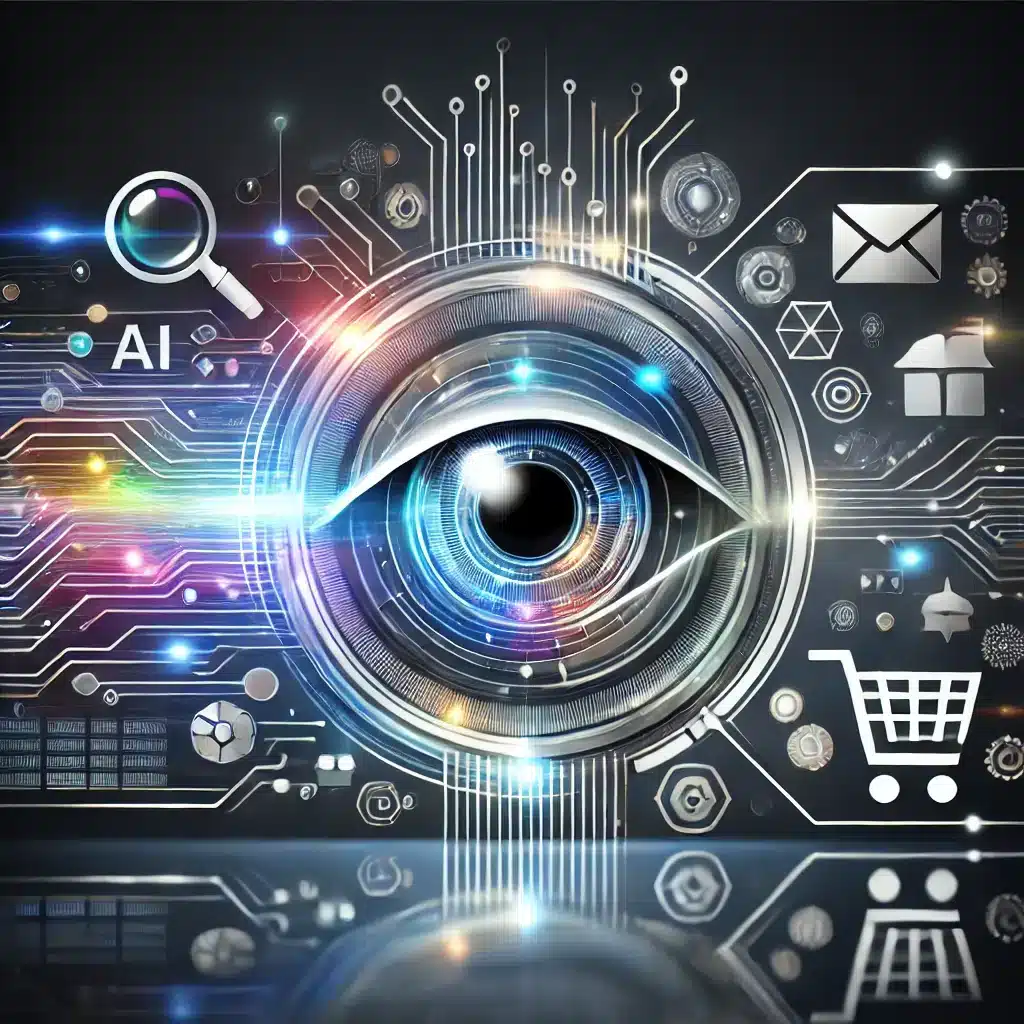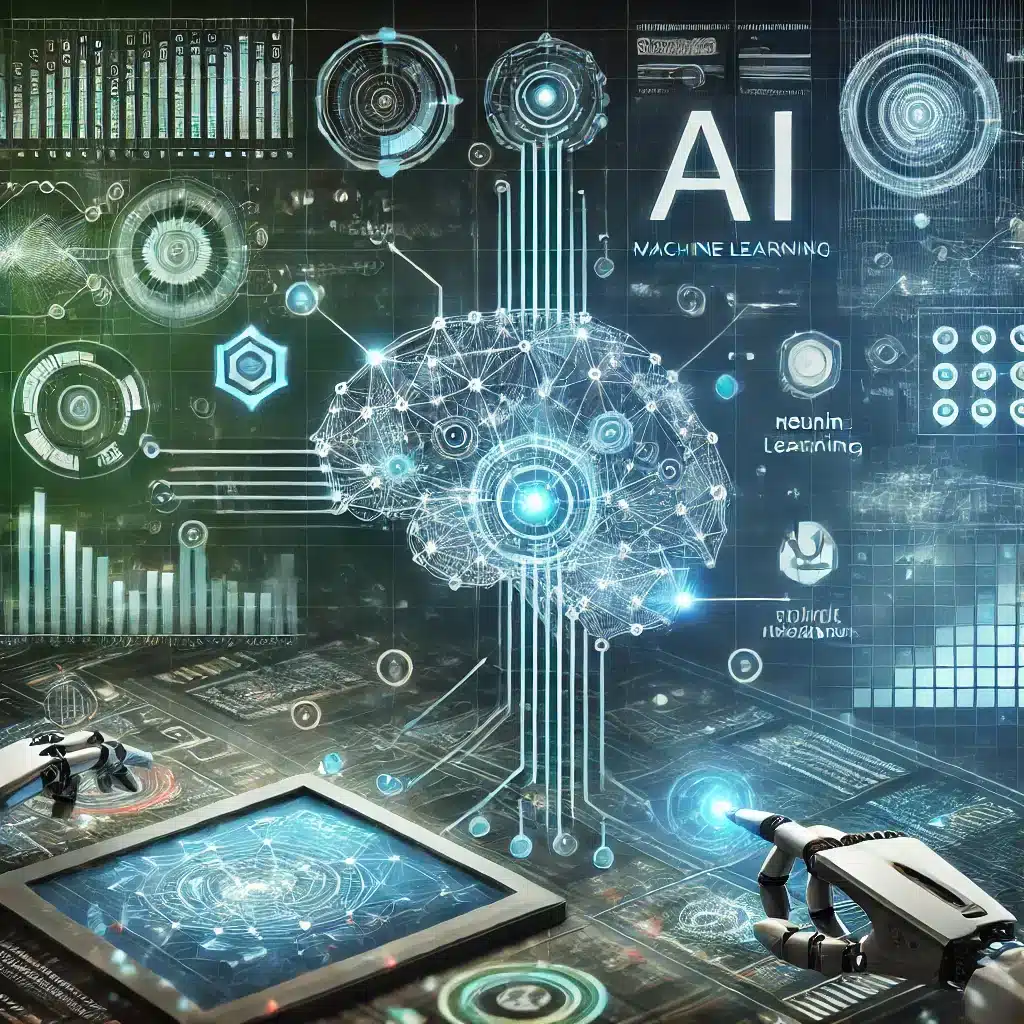Understanding Accountability in AI
Today, it’s clear how technology has shaped our daily lives. But looking forward, we see the valuable role of accountability in AI. Indeed, understanding its importance bridges gaps between automation and responsibility. With AI influencing decisions and actions, maintaining robust accountability frameworks is essential.
Knowing the growth in AI, we leverage insights from noteworthy reports such as the CES 2025 Tech Trends Report. This document offers valuable perspectives on trends shaping AI’s future across various sectors.
The Impact of AI Growth on Accountability
The CES 2025 Report emphasizes a $537 billion revenue projection, indicating exponential growth in AI technology. This data showcases AI’s increasing integration into everyday life. Consequently, it calls for unprecedented levels of accountability.
Moreover, 64% of U.S. consumers utilize AI in online shopping, and 40% are likely to make purchases based on AI personalization. Therefore, implementing accountability measures ensures consumer trust and enhances AI’s adoption rate.
Notably, AI tools are widespread in workplaces, with 61% of adults using them. Thus, it is important for companies to ensure transparency and ethical AI practices.
Challenges and Solutions
The rapid integration of AI presents challenges. In contrast, effective accountability frameworks pave the way for solutions. For example, AI autonomy in sectors, such as mobility, entails accountability for both safety and efficiency. Noteworthy are innovations from companies like Komatsu and Volvo Group heeding these challenges.
Furthermore, while smart home technologies enhance lifestyles, they demand accountability in data privacy and security. Samsung and other firms are actively addressing these needs.
Key Recommendations
Firstly, AI developers must incorporate ethical practices in design phases. As a result, AI can be both innovative and accountable. Moreover, governments should establish regulations ensuring corporate responsibility.
Nevertheless, these recommendations are not just for corporations. Individuals should also be informed about AI’s functionalities. Educating users ensures informed usage and accountability at a personal level.
The Future of Accountability in AI
In summary, advancing AI technology aligns with growing accountability requirements. As we focus on future developments, the role of accountability remains crucial. However, this journey requires collective effort from developers, policymakers, and individuals.
Ultimately, bridging accountability with automation leads to AI that is trustworthy and beneficial. Let us actively engage in creating responsible AI environments, shaping a promising future.



